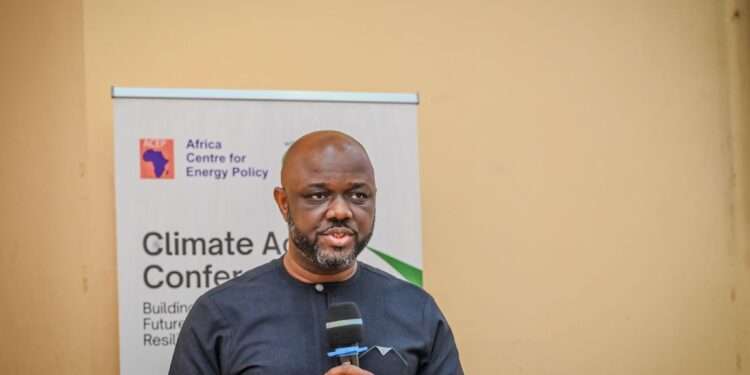“The deficit, which we had jealously guarded and kept under 5%, is now expected to widen north of 10%.”
Finance Minister, Ken Ofori-Atta
While it is too early to bow our heads in a moment of silence at the demise of a prudent fiscal policy undone by the novel coronavirus. We may hinge our hopes on the fact that nations around the globe are creaking financially at the onslaught of the jaws of the virus
Experts have warned that a global economic recession seems inevitable if the virus is not curbed as soon as possible, and the Finance Minister, Ken Ofori-Atta a colossal in economics, may have set the tone to a melancholic note.
Ghana’s budget deficit could surge to the widest in six years or more
Ghana’s budget deficit for 2020 will swell to more than double the legal limit because of the impact of the coronavirus on the economy, undoing years of fiscal consolidation that was supposed to mark the end of persistent financial bailouts.
The fiscal gap is forecast to widen beyond 10% of gross domestic product from an adjusted outlook in March of 7.8% of GDP, Finance Minister, Ken Ofori-Atta said in an interview in the capital, Accra.
Prior to the onset of the global pandemic, the West African nation expected a shortfall of 4.7%, in line with legislation passed two years ago that the deficit shouldn’t exceed 5%.
Economic growth is now projected at 1.2%, he said. That compares with a government estimate of 1.5% at the end of March and with an initial forecast of more than four times that.
“We had expected 6.8% GDP growth and now we realize there is going to be a steep drop,” said Ofori-Atta. “The deficit, which we had jealously guarded and kept under 5%, is now expected to widen north of 10%.”
The phenomenon of “Money Illusion”– (where people seem to base their sense of satisfaction on nominal earnings rather than real earnings) may have lost its vibe as recent spike in the price of gas yanks us back to a painful reality.
Ghana’s 16th bailout-plan from the Washington-based lender
The virus has put asunder three years of GDP expansion of 6% or more and reversed some of the fiscal gains made under an International Monetary Fund program that ended in April 2019.
In April, the IMF approved a disbursement of about $1 billion to help Ghana address “the urgent fiscal and balance of payments needs” that the country is facing.
The COVID-19 fund has also been established to harness private sector support in terms of donations so as to ease the burden on government whose debt stock stood at 59.3 percent of GDP at the end of March 2020, according to the Ghana’s central bank.
The Central Bank in the front-line to resuscitate an ailing economy
The central bank embarked on the purchase of government bonds and a reduction in the policy rate whilst keeping its focus on inflation targeting of 8.0 per cent plus or minus 2.
Under the Bank of Ghana’s emergency financing provisions, which permits it to increase the limit of purchases of government securities, BoG purchased the government’s COVID-19 relief bond with a face value of GH¢5.5 billion at the monetary policy rate with a 10- year tenor and a 2-year moratorium of principal and interest. BOG indicated that it was ready to continue with its asset purchase program up to GH¢10 billion in line with the current estimates of the financing gap from the pandemic. Furthermore, the Bank of Ghana in March 2020 reduced its policy rate by 150 basis points from 16 percent to 14.5 percent. The reduction was due to elevated risks to inflation after an exaggerated rise in food prices following two episodes of panic buying of food before fumigation of markets across the country.
In view of the rising inflation, The Vaultz magazine sort the views of Professor Newman Kwadwo Kusi, the Executive Director of Institute for Fiscal Studies (IFS) Ghana on the implications of the decision by the Central Bank to provide the Government with the GH¢10 billion emergency financing. According to him, “the implication of this is that the residual fiscal financing gap has, in part, been closed by GH¢10 billion; finance is available to help stimulate businesses– hospitality industry, trading activities, agriculture value chain, etc.– adversely impacted by the COVID-19 pandemic; and the public debt increased by GH¢10 million.”
To glean indepth details behind the story, and to navigate past the gloom of an existing era,
Read: BOG Policy Measures; An Imminent Inflationary Hike in Ghana? Link >> Culled from The Vaultz Magazine July 2020 edition.





















